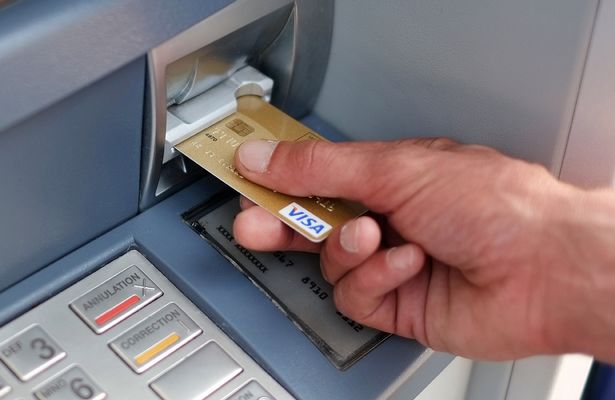Following the massive embrace of digital payments in the Covid-19 era, fraudsters have now sought opportunities to exploit changes in how people pay for goods and services with the intention of scamming them.
According to Aribidesi Lawal, Risk Manager, Visa West Africa, global businesses reported an average of 4,000 cyberattacks on average per day since COVID-19, representing a 400 per cent increase from what was reported pre-pandemic.
Addressing how COVID-19 presents fraudsters with new opportunities, Lawal said the new era of fraud was marked by more sophisticated attempts to trick people into sharing sensitive information.
“For example, across Central Europe, Middle East and Africa, we have seen an increase in social engineering attacks, including phishing, where fraudsters are exploiting the gaps which existed pre-pandemic and have intensified during the crisis.
“Phishing, specifically, has grown much more complex throughout the pandemic, and now includes a number of variants, such as spear phishing – attacks targeting a specific victim with personalised communication and vishing, which includes voice phishing scams, as well as spoofed websites.”
In the likelihood of implementation, Lawal said: “Friendly fraud is another type of attack on the rise, where individuals’ cards and passcodes are used without permission by friends, family or other close associates.
“For merchants it can be a cost of doing business because it’s difficult to track, and most of the time refunds are issued without investigating the matter further. Friendly fraud is said to reduce legitimate sales by 1 per cent and profits by 20 per cent.
He, however, said that despite this, the commerce ecosystem has recognised the challenges and responded well, taking a technology-led approach to address emerging threats.
Speaking about security in the post-COVID world, Lawal said with COVID-driven uncertainty set to remain in the near future, the next 12 to 18 months may bring even more disruption and transformation.
“However, I believe that the dramatic shift we have seen towards digital payment will continue as consumers and merchants show increasing preference for eCommerce and contactless payments,” Lawal added.
He added that investing in new, innovative ways of onboarding customers and new ways to pay, such as online, in-app, contactless, and IoT, will make or break a business in a post-COVID-19 world.

 Business6 days ago
Business6 days ago
 Business6 days ago
Business6 days ago
 Education6 days ago
Education6 days ago
 Crime6 days ago
Crime6 days ago
 Covid-196 days ago
Covid-196 days ago
 Business6 days ago
Business6 days ago
 Latest4 days ago
Latest4 days ago
 Featured7 days ago
Featured7 days ago

